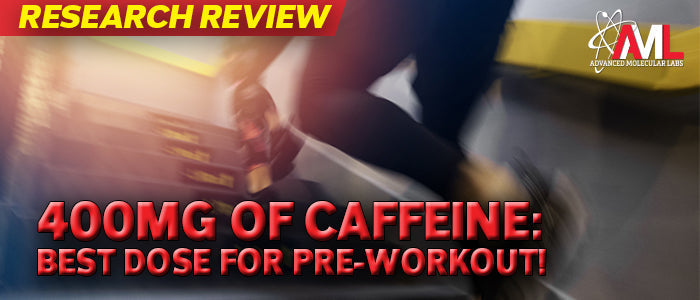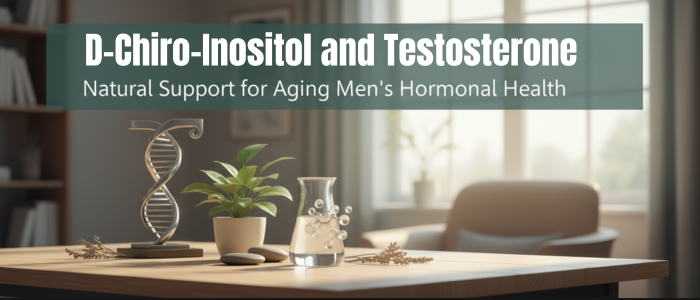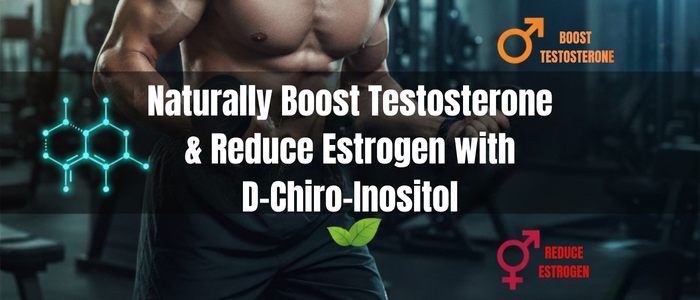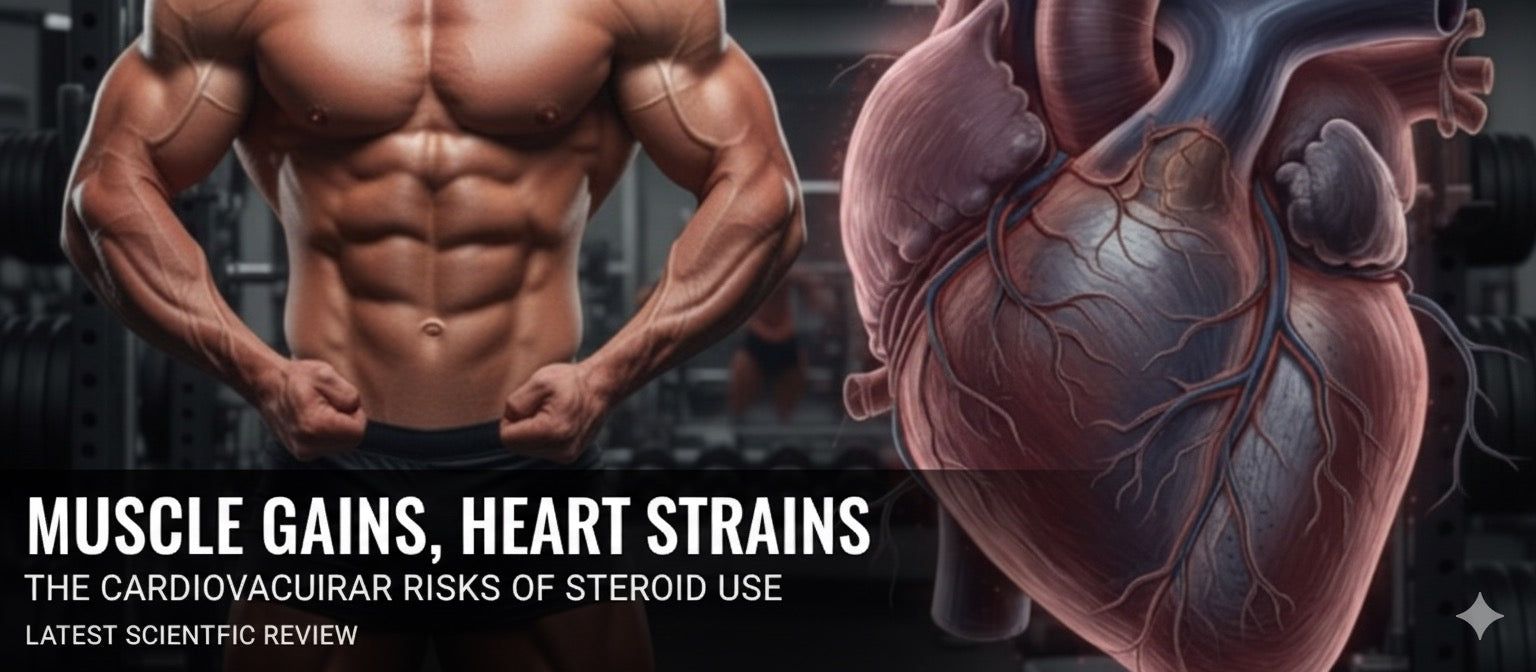


Is 400mg Caffeine Pre Workout Safe? Discover the Facts
Research Review:
By Steve Blechman
A breakthrough study published on June 21, 2018, in PLOS Biology reported that the equivalent of four cups of coffee (approximately 400 mg of caffeine) may lower the risk of dying from a heart attack! The study was conducted on mice that were fed pure caffeine, but researchers believe that approximately 400 mg of caffeine or drinking four cups of coffee could protect the human heart!
As reported by ScienceDaily on June 21, 2018, researcher Judith Haendeler noted that at physiologically relevant concentrations (i.e., levels reached after four or more cups of coffee), caffeine improved the functional capacity of endothelial cells, which line the interior of blood vessels. This effect involved mitochondria, the cell's energy powerhouses. Our results indicate a new mode of action for caffeine – promoting protection and repair of heart muscle through the action of mitochondrial p27. These findings may lead to better strategies for protecting heart muscle from damage, including considering coffee consumption or caffeine as an additional dietary factor, especially in the elderly population. Furthermore, enhancing mitochondrial p27 could serve as a potential therapeutic strategy not only in cardiovascular diseases but also in improving health span."
How Much Caffeine is Safe In Pre-workout
A separate review conducted by the International Life Sciences Institute (ILSI) found that 400 mg of caffeine is safe daily. Researchers at the ILSI examined over 740 studies about the effects of caffeine on humans. The European Food Safety Authority has stated that up to 400 mg of caffeine per day, the amount you would find in eight servings of tea or four servings of coffee, is perfectly safe for adults in the long term.
A study in the Journal of Applied Physiology looked at competitive male cyclists who consumed 400 mg of caffeine one hour before a ride, equivalent to the amount of caffeine in four cups of coffee. The subjects also received a placebo before another ride. Almost all of the riders were able to pedal harder and faster after consuming the caffeine pill – 3.3 percent faster on average compared to when they had no pill, and 2.2 percent faster when they took a placebo.
Moreover, a large meta-analysis was recently published on acute caffeine ingestion on endurance performance. The study, published in the Journal of Sports Medicine on June 6, 2018, was an updated review of the research. It confirms that 200-400 mg of caffeine is best for increasing exercise performance. The benefits were dose-related.
Another study published in the journal Medicine & Science in Sports & Exercise found that caffeine before workouts increases energy levels and strength. A study led by Todd Astorino from Cal State San Marcos found that high doses of caffeine (approximately 400 mg) increased strength during maximal knee flexion exercise (40 reps of knee extension – flexion at 180 degrees per second on an isokinetic dynamometer), while a lower dose of caffeine (approximately 160 mg) had no effect on strength endurance.
Is 400mg of caffeine at once safe?
Research has shown that the amino acid taurine can have adverse effects on the cardiovascular system when combined with caffeine. A study published on April 26, 2017, in the Journal of the American Heart Association found that energy drinks containing taurine and caffeine had a negative effect on the heart compared to caffeine-only beverages. An irregular heart rhythm resulted two hours after consuming an energy drink containing caffeine and taurine, compared to a caffeine-only drink. This randomized, double‐blind, controlled, crossover study tested 18 young, healthy volunteers. There was also a greater increase in blood pressure in caffeine with taurine combination compared to caffeine alone. 400 mg of caffeine, which is equivalent to about four cups of coffee, is generally regarded as safe by the U.S. Food and Drug Administration (FDA). Other studies have also shown that taurine can have adverse effects when combined with caffeine!
Bottom line: based on the recent research, it is not recommended that people combine caffeine with taurine in their energy or pre-workout drinks. Taurine is perfectly safe when taken without caffeine. In fact, the research has shown many health benefits of taurine when taken without caffeine! Taurine is an inhibitory neurotransmitter and has been shown to have a positive effect on the cardiovascular system and lower stress-induced increase in blood pressure especially when combined with magnesium. Some studies have also shown that taurine may be beneficial for enhancing weight loss/fat loss. Once again, do not take energy drinks combining caffeine and taurine. So how much caffeine in pre-workout? You can get your pre-workout caffeine fix of 400 mg per day (maximum) in four cups of coffee, eight cups of tea, or one serving from Advanced Molecular Labs™ AML™ PRE-WORKOUT®. (400 mg caffeine pre workout).
References:
- PLOS. Caffeine from four cups of coffee protects the heart with the help of mitochondria. ScienceDaily, 21 June 2018. www.sciencedaily.com/releases/2018/06/180621141008.html
- Niloofar Ale-Agha, Christine Goy, Judith Haendeler et al. CDKN1B/p27 is localized in mitochondria and improves respiration-dependent processes in the cardiovascular system—New mode of action for caffeine. PLOS Biology, 2018; 16 (6): e2004408 DOI: 10.1371/journal.pbio.2004408
- American Heart Association. Energy drinks may increase risk of heart function abnormalities and blood pressure changes. ScienceDaily. ScienceDaily, 29 May 2019. www.sciencedaily.com/releases/2019/05/190529084823.htm
- American Heart Association Meeting News Brief – Poster Presentation Mo1189 – Session: AT.APS.16 https://newsroom.heart.org/news/just-one-energy-drink-may-hurt-blood-vessel-function?preview=0312 November 12, 2018.
- Will Boggs MD. Potentially harmful effects of energy drinks - it's not the caffeine. https://www.reuters.com/article/us-health-heart-energy-drinks/potentially-harmful-effects-of-energy-drinks-its-not-the-caffeine-idUSKBN17S2SM April 26, 2017
- Jeffries O, Hill J et al. Energy Drink Doses Of Caffeine And Taurine Have A Null Or Negative Effect On Sprint Performance. The Journal of Strength & Conditioning Research 2017.
- European Heart Journal. Published online https://www.escardio.org/The-ESC/Press-Office/Press-releases/higher-coffee-consumption-associated-with-lower-risk-of-death
- Bruno Gualano et al. Dispelling the myth that habitual caffeine consumption influences the performance response to acute caffeine supplementation. Journal of Applied Physiology 2017 123:1, 213-220
- Todd Astorino et al. Medicine & Science in Sports & Exercise. 42(12):2205-2210, DEC 2010 DOI: 10.1249/MSS.0b013e3181e3a11d
- Southward K, Rutherfurd-Markwick KJ and Ali A. Sports Med (2018). https://doi.org/10.1007/s40279-018-0939-8
- Sachin A. Shah, Andy H. Szeto, Raechel Farewell, Allen Shek, Dorothy Fan, Kathy N. Quach, Mouchumi Bhattacharyya, Jasmine Elmiari, Winny Chan, Kate O'Dell, Nancy Nguyen, Tracey J. McGaughey, Javed M. Nasir, Sanjay Kaul. Impact of High Volume Energy Drink Consumption on Electrocardiographic and Blood Pressure Parameters: A Randomized Trial. Journal of the American Heart Association, 2019; 8 (11) DOI: 10.1161/JAHA.118.011318
- American College of Cardiology, CardioSmart, Non-caffeine Ingredients in Energy Drinks Linked to Negative Heart Effects https://www.cardiosmart.org/News-and-Events/2017/06/Non-caffeine-Ingredients-in-Energy-Drinks-Linked-to-Negative-Heart-Effects June 06, 2017.
- Emily A, Fletcher, Pharm D et al. Randomized Controlled Trial of High‐Volume Energy Drink Versus Caffeine Consumption on ECG and Hemodynamic Parameters. https://www.ahajournals.org/doi/abs/10.1161/JAHA.116.004448
- Bichler A, Swenson A and Harris MA. A combination of caffeine and taurine has no effect on short-term memory but induces changes in heart rate and mean arterial blood pressure. Amino Acids 2006, 31(4), 471-476. https://doi.org/10.1007/s00726-005-0302-x.
- Giles GE, Mahoney CR, et al. Differential cognitive effects of energy drink ingredients: caffeine, taurine, and glucose. Pharmacology, Biochemistry, and Behavior 2012, 102(4), 569-577. https://doi.org/10.1016/j.pbb.2012.07.004.
- Peacock A, Martin FH and Carr A. Energy drink ingredients. Contribution of caffeine and taurine to performance outcomes. Appetite. 2013;64:1-4.
- Email author, Jaime A Jaramillo, Adriana García, Juan C Calderín and Luis H Valbuena. Effects of energy drink major bioactive compounds on the performance of young adults in fitness and cognitive tests: a randomized controlled trial. Maximiliano Kammerer. Journal International Society Sports Nutrition 11:44, 2014.
- Wassef B, Kohansieh M and Makaryus AN. Effects of energy drinks on the cardiovascular system. World Journal of Cardiology 2017; 9(11), 796-806.
- Franks AM, Schmidt JM et al. Comparison of the effects of energy drink versus caffeine supplementation on indices of 24-hour ambulatory blood pressure. Ann Pharmacother 2012 Feb; 46(2):192-9
- Baum M, Weiss M. The influence of a taurine containing drink on cardiac parameters before and after exercise measured by echocardiography. Amino Acids 2001; 20(1):75-82.
- Doerner JM, Kuetting DL et al. Caffeine and taurine containing energy drink increases left ventricular contractility in healthy volunteers. Int J Cardiovasc Imaging 2015 Mar; 31(3):595-601.
- Gray, Belinda et al. Cardiovascular Effects of Energy Drinks in Familial Long QT Syndrome: A Randomized Crossover Study. International Journal of Cardiology, Volume 231, 150-154.
- Journal International Society Sports Nutrition 11:44, 2014
- Paulsen G, Cumming KT, et al. Can supplementation with vitamin C and E alter physiological adaptations to strength training? BMC Sports Science, Medicine & Rehabilitation, July, 2014; 6, 28. doi:10.1186/2052-1847-6-28.
- Redmond HPWang, JHBouchier-Hayes D. Taurine attenuates nitric oxide- and reactive oxygen intermediate-dependent hepatocyte injury. Arch Surg 1996;1311280-1288.
- E Park, G Schuller-Levis, M R Quinn. Taurine chloramine inhibits production of nitric oxide and TNF-alpha in activated RAW 264.7 cells by mechanisms that involve transcriptional and translational events. The Journal of Immunology May 1, 1995, 154 (9) 4778-4784.
- Haidari F, Asadi M, Mohammadi-Asl J, Ahmadi-Angali K. Evaluation of the effect of oral taurine supplementation on fasting levels of fibroblast growth factors, beta-Klotho co-receptor, some biochemical indices and body composition in obese women on a weight-loss diet: a study protocol for a double-blind, randomized controlled trial. Trials. 2019;20(1):315. Published 2019 May 31. doi:10.1186/s13063-019-3421-5





